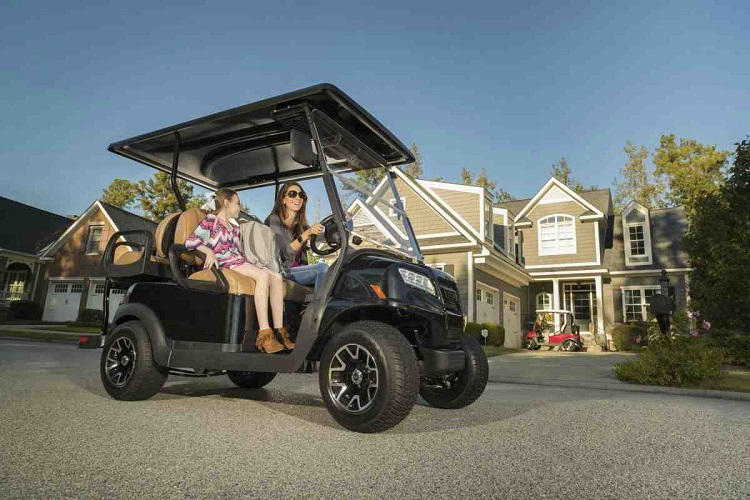Founded in 1958, Club Car is an industry-leading manufacturer of gas and electric vehicles. Known for its uncompromised desire to deliver superior performance, the company has a broad portfolio of vehicles for commercial and consumer markets.

The first golf carts were produced in 1958 and continue to be manufactured today as the company continues to grow. It now also produces other utility vehicles and a wide range of specialty carts.
What Types of Industries Use Club Car Vehicles?
Almost every major city in the world has a golf course, and these are some of the most prestigious courses around. They are a popular destination for families and groups of friends, and golfers from all over the world travel there to play.
Most of the world’s top-rated courses use Club Car West Virginia vehicles for transportation and maintenance on their premises. They are a reliable and cost-effective solution for businesses that need to transport their staff or supplies in an efficient manner.
- What Do You Know about Club Cars
- Why Do Players Use Golf Carts During a Golf Game
- What is Club Car’s Policy on Parts Replacement
- What is Club Car’s Warranty Policy
In addition to the traditional carts, Club Car also makes a variety of utility vehicles for business application and college campuses. The company began selling UTVs in 1985 to provide additional mobility options for its customers. These vehicles were initially designed to serve golf course operations and later were expanded to include business applications such as manufacturing facilities, colleges and other locations.
These commercial utilities are typically used to haul people and freight, but they can also be used to transport materials in the same way as a flat bed truck. They are commonly used by the construction and real estate sectors, as well as other similar industries.
The real estate sector is becoming increasingly sophisticated and global, with the industry expected to reach a trillion dollars by 2030 and contribute 13% of GDP. In order to meet the growing needs of this segment, Club Car has developed a line of LSVs that are specifically designed for urban transport and logistics applications.
- What Type of Vehicles Does Club Car Manufacturer
- When Was Club Car Founded
- How much is a Good Quality Golf Cart
- What All Can You Do With a Golf Cart
For instance, the Onward series introduced in 2020 offers easy mobility for passengers within large residential and business projects. This product also features a unique ground speed governing system that limits the vehicle’s maximum speed to safe levels, without gutting the power.
Other models in the Club Car range are designed for cargo and freight applications, such as a current model that is ideal for campus and urban environments. The cart is lightweight and strong, enabling it to withstand the harsh conditions of these settings.
Despite its impressive capabilities, these small-wheeled vehicles are not immune to accidents and damage. As a result, they require specialized safety and security measures.
To ensure that all of the fasteners on a cart are properly tightened, a number of Club Car manufacturing employees use pneumatic and direct current (DC) tools to accomplish the task. However, these tools are not always the best solution for every application, as they can become cumbersome and use up a lot of energy in the process. As a result, the company began looking for other assembly tools that could be used to handle these tasks efficiently and safely.
